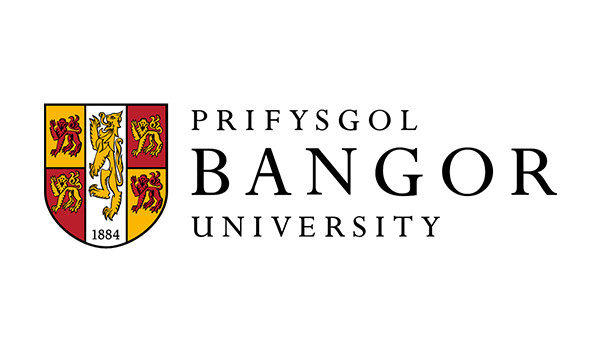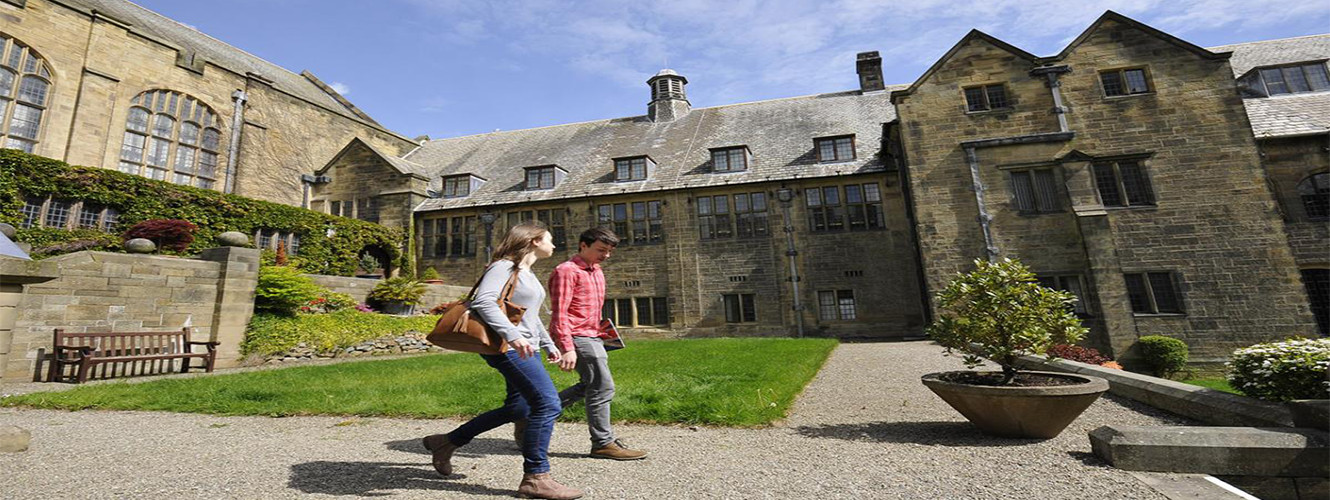UK120 BA English Literature with Creative Writing Bangor University
-
THÔNG TIN CHUNG
This exciting course develops connections between the critical study of English Literature and the creative practice of writing in a variety of forms. You will learn to approach texts as both a reader and a writer, discovering links and synergies between these different perspectives.
Through critical knowledge and practical experience, you will study a broad range of English Literature and Creative Writing in small groups or workshops, led by the research experts in the field or by published writers, in an atmosphere of creative, scholarly enterprise in order to develop skills of critical analysis and imaginative problem solving that are highly valued by employers.
-
CƠ HỘI NGHỀ NGHIỆP
Internships
Bangor University runs a paid internship scheme within the university’s academic and service departments.
Career
These courses provide students with excellent employment prospects, in a wide range of career options. In the past our graduates have gone into PR work, teaching, publishing, advertising, journalism, the law, community work and academia. The skills of critical analysis, imaginative problem solving, and presentation are all highly valued after by employers in a wide range of sectors. Our graduates are typically independent-minded, yet able to work as part of an effective team. Another option is postgraduate study, which offers graduates an opportunity to further deepen their knowledge and expertise, and to distinguish themselves from other students. There are great opportunities for this at Bangor. The ability to use words effectively is, in fact, a major advantage in almost any career.
In a recent Salaries and Vacancies Survey the Association of Graduate Recruiters lisited the top ten skill areas that employers seek right now:
- Motivation and enthusiasm
- Interpersonal skills
- Team working
- Oral communication
- Flexibility and adaptability
- Initiative/productivity
- Problem solving
- Planning and organisation
- Managing own development
- Written communication
All these skills are central to an English degree. Employers repeatedly say that they do not want ‘trained’ recruits. They want intelligent, rounded people who have a depth of understanding, can apply themselves, take responsibility and develop their role in the organisation, demonstrating the traditional high-level academic abilities of analysis, reflection, critique and synthesis. What they do not want is graduates trained for a job, not least because jobs change rapidly.
When graduates in English reflect on the skills they developed through their degree which they have found most useful in their new jobs, they speak of advanced literary and communication skills, writing for project-based work, independent thought and judgement, and good time-management.
- ĐIỀU KIỆN ĐẦU VÀO
- ĐIỀU KIỆN NGÔN NGỮ
- HỌC BỔNG
- ĐỊA ĐIỂM
Tóm tắt
-
Phí ghi danh
0
-
Độ dài khoá học
3 năm
-
Kỳ nhập học
Tháng 9
Phí Cơ Bản
-
Loại Tiền
-
Học Phí
Trên năm -
Phí Sinh Hoạt
Trên năm -
Tổng






